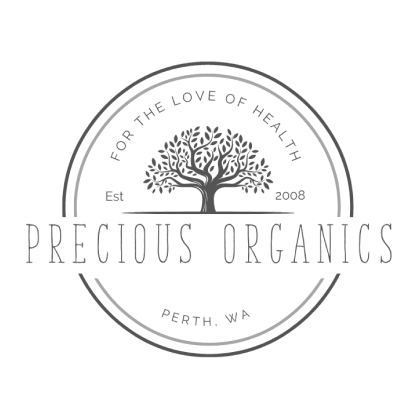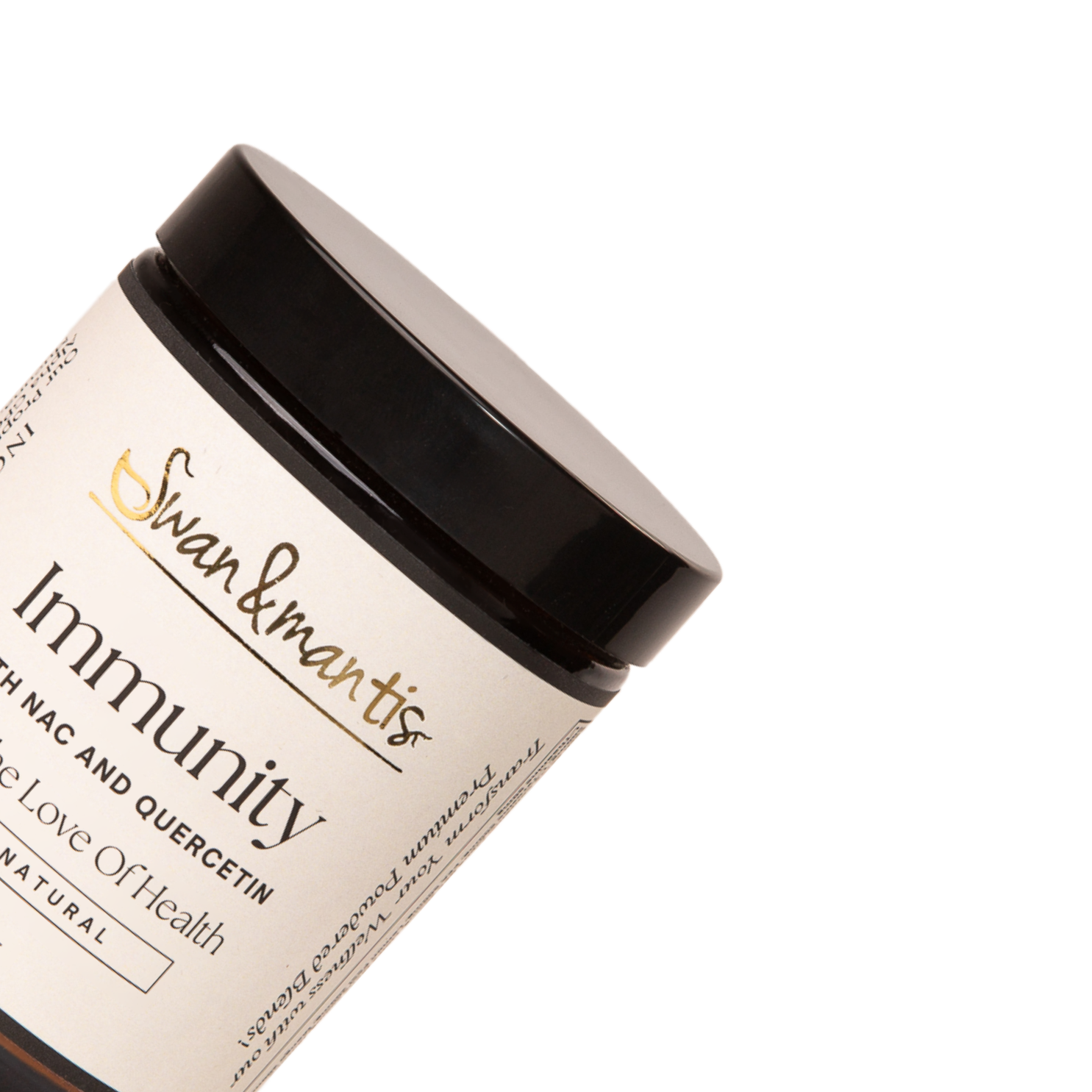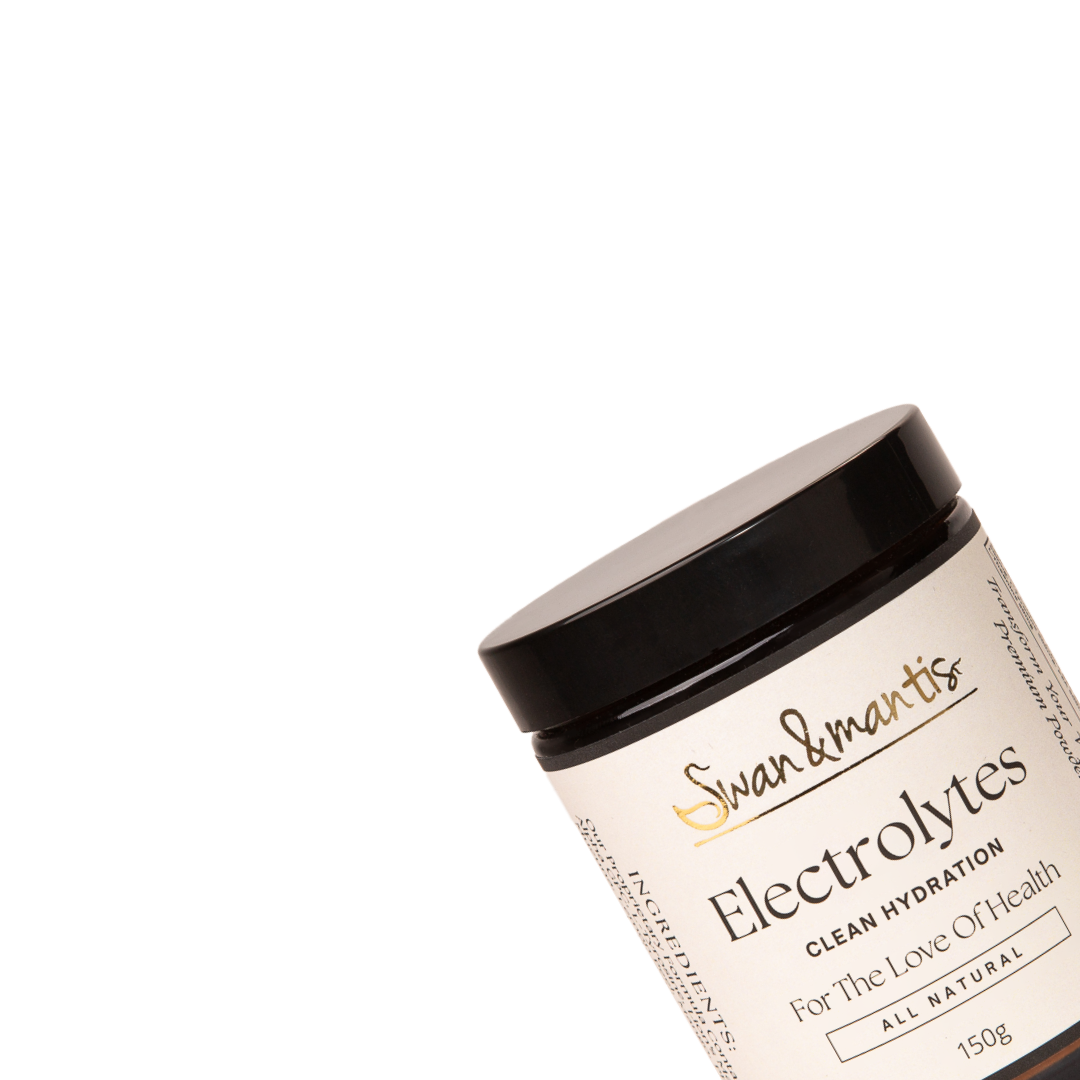Digestion and how it Affects Your Health
1st April 2014
By Deane Alban
Guest Writer for Wake Up World
Your brain and your stomach are integrally entwined. Every time you get butterflies in your stomach or feel gut-wrenching distress, your brain is affecting your stomach. What goes on in your stomach affects your brain as well.
We’re going to delve into one specific area of intestinal health that has a surprising influence on your brain — your intestinal flora.
Amazing Friendly Flora Facts
Your digestive tract is not an inert pipe through which food passes — not by a long shot! Your intestines house over 100 trillionbacteria of around 500 different species.
These bacteria are referred to collectively as your intestinal flora. There are more microorganisms in your digestive tract than there are cells in your body! Amazingly, the number of bacteria in your gut outnumbers that of your own cells by ten to one.
When we’re born, our digestive tracts are sterile, but during the first two years of life different strains of bacteria take hold. By this time, your flora is more or less set unless you move to another country or drastically change your diet.
Each person has their own mix of intestinal bacteria, similar to having a unique fingerprint.
These beneficial microorganisms are essential for your health. They are needed in digestion to break down and absorb food.
They keep harmful bacteria in check and help keep your immune system healthy. They help you absorb calcium, zinc, and magnesium, and can even manufacture vitamins you need such as vitamin K and the essential B complex.
If you’ve ever experienced digestive upset after taking antibiotics, you’ll really appreciate what good bacteria do for you. Antibiotics kill both the good bacteria along with the bad.
When the proper balance between them is disrupted, you have entered a state called dysbiosis. This can cause nausea, diarrhea, and abdominal cramps, or overgrowth leading to yeast infections.
This is why it’s a good idea to take a probiotic supplement along with your antibiotic.
Friendly Flora Foes
Since digestive bacteria balance is so important, how does it get so messed up? Some things that destroy beneficial bacteria besides antibiotics include:
Chlorine and fluoride in water
Some artificial sweeteners
Antibacterial soap
Protein deficiency
Overacidity
Stress
Heavy metal exposure
Consumed from meat and dairy (unless it’s specifically raised antibiotic-free)
Poor diet
Bacteria Balance and Your Brain
You’ll never get rid of all the bad bacteria, nor is it necessary. You only need to strive for balance between the good guys and the bad guys for optimal health.
The Good Guys
Lactobacilli and Bifidobacteria are two of the most prevalent bacteria in your gut and are the mainstays in most probiotic supplements. They act as antioxidants, protecting your brain from free radical damage.
These good bacteria lower immune system compounds called cytokines. Cytokines are chemical messengers that regulate the intensity of your immune response and lead to chronic inflammation. Cytokines are seen at elevated levels in patients with mood disorders, depression, anxiety, and cognitive disorders.
The Bad Guys
An overabundance of bad bacteria leaves toxic byproducts called lipopolysaccharides. Lipopolysaccharides have numerous negative affects on your health:
Lower dopamine and serotonin levels . Dopamine is associated with motivation, will power and depression. Seratonin is associated with depression.
Damage to the hippocampus, the seat of the memory and we get poor short term memory.
Leaky gut which causes an immune system response.
Damage to the mitochondria resulting in low energy and fatigue.
Increased production of Ghrelin which causes us to feel hungry
Reduced production of Leptin resuling in not knowing that we have had enough to eat.
Reduction in villi which reduces absorption of nutrients.
Reduced Glutathion which is need for gut repair and one of our most powerful anti-oxidant.
Decreased Zinc absorption resulting in low hydrochloric acid, poor wound healing, low hormone production (testosterone
Increased levels of the stress hormone cortisol.
Decreases kidneys ability to get rid of toxins from the body.
Increased inflammation (99% of pain is from inflammation)
Increased oxidative damage.
Decreases the livers ability to detox.
Reduced levels of TSH so the thyroid is not stimulated.
Blocks the receptor for thyroxine thus low thyroid function.
Blocks conversion of T4 to T3 which is the active form of Thyroxine thus low thyroid function
Achieving Balance
You can replenish your good bacteria by avoiding the risk factors listed above and by adding fermented foods to your diet. Most traditional cultures wisely include some fermented foods. Add these to your diet to boost your friendly flora naturally:
Traditional pickled vegetables of all kinds. This includes sauerkraut and kimchi. They must be unpasteurized as heat destroys good bacteria.
Fermented dairy products such as yogurt and kefir.
Fermented soy foods like miso and tamari — cheap soy sauce won’t contain any live bacteria.
Cacao beans are fermented, making high quality dark chocolate a reasonable source of good bacteria.
If you can’t eat enough of these foods to make a difference in your digestive health, consider taking a good probiotic supplement. Look for one that contains lactobacilli and/or bifidobacteria with 10 billion to 20 billion active CPD (Cultures Per Dose). The more strains of bacteria included, the better.


